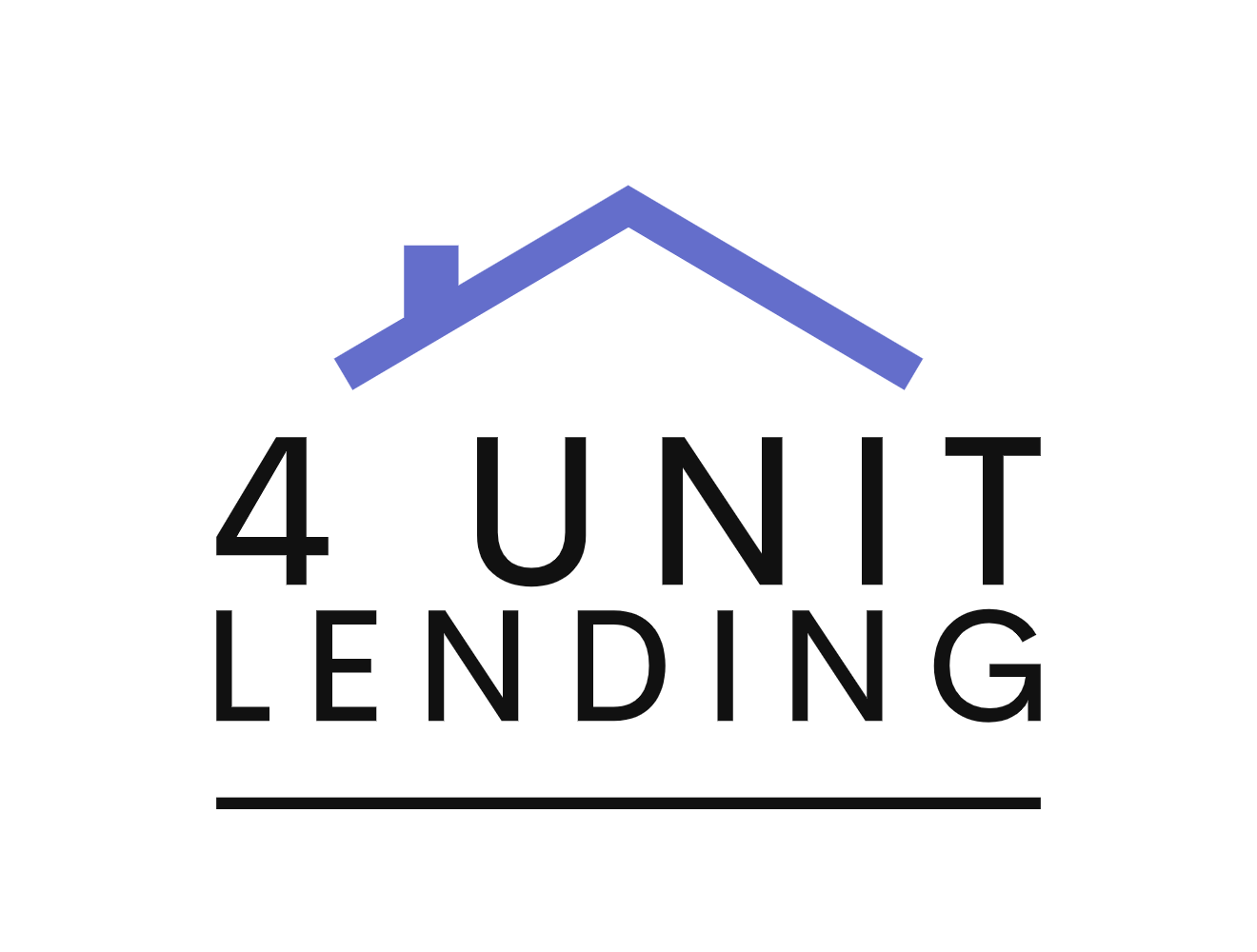If you’re buying a home, you should know there’s a mountain of paperwork involved. One of the many important forms you need to review and sign is the promissory note.
The promissory note, essentially a borrower’s promise to repay a loan, makes your agreement with the mortgage lender legally binding. You can think of it as an IOU that holds up in court. If you don’t stick to the payment agreement that’s spelled out in the promissory note, you could end up losing your home to foreclosure.
In this article:
In real estate, a promissory note is a legally binding document that outlines certain details of your home loan. This document, usually two to three pages long, specifies what you owe the lender, including the mortgage principal amount, interest rate, repayment schedule, and maturity date.
The promissory note also states that your property is collateral for the loan until the full debt is paid off, and it lays out any penalties for missed payments. In other words, the lender can foreclose on your home if you don’t make your payments as agreed.
When it comes time to close on your home, you’ll have to sign your Closing Disclosure, the mortgage (also referred to as the deed of trust), and the promissory note. Depending on the requirements in your state, you may need a notary present when signing these documents.
After you sign, the lender usually keeps the original document and gives you a copy. From that point forward, the promissory note will stay in effect until you either pay off the loan or refinance your mortgage. Once you refinance or repay the mortgage loan in full, the lender will send you a final statement showing your account balance is now $0.
The laws about what has to be included in a promissory note vary by state, but you can expect to find the full details of your payment agreement in this document. Here’s what the lender will typically include:
Loan amount
Interest rate
Total amount you’ll pay
Payment schedule
How payments will change over time (if applicable)
Length of time to repay the loan
Where you should send your payments
Late fees and penalties
Borrower’s and lender’s names and addresses
Borrower’s and lender’s signatures
Read more: What is a house deed?
When it comes to buying a home, promissory notes can be sorted into two types, with one type being far more common:
Secured promissory note: The promissory note is secured by using your home as collateral. So, if you fail to make monthly mortgage payments, the lender can foreclose on the property. The foreclosure process doesn’t typically begin until you miss a few consecutive payments.
Unsecured promissory note: The note is not backed by the home as collateral, so falling behind on payments does not put you at risk of losing property. These types of promissory notes are common for personal loans and student loans but not for mortgages.
Learn more: Closing on a house — What to expect and how to prepare
A promissory note and a mortgage are not the same thing. Both are legal documents used to finalize your home purchase, and each contains information about your loan payments, but the mortgage ties the property to the loan as collateral.
The lender may sell your promissory note. If this happens, your payments will stay the same, but you may have to send them to a different company, also known as a servicer. It’s relatively common for lenders to sell mortgages and promissory notes to servicers after closing.
No — it’s considered predatory and unethical for a lender to ask you to sign a promissory note before your loan is approved. If a mortgage lender asks you to do this, they can potentially lose their lending license.
This article was edited by Laura Grace Tarpley.

